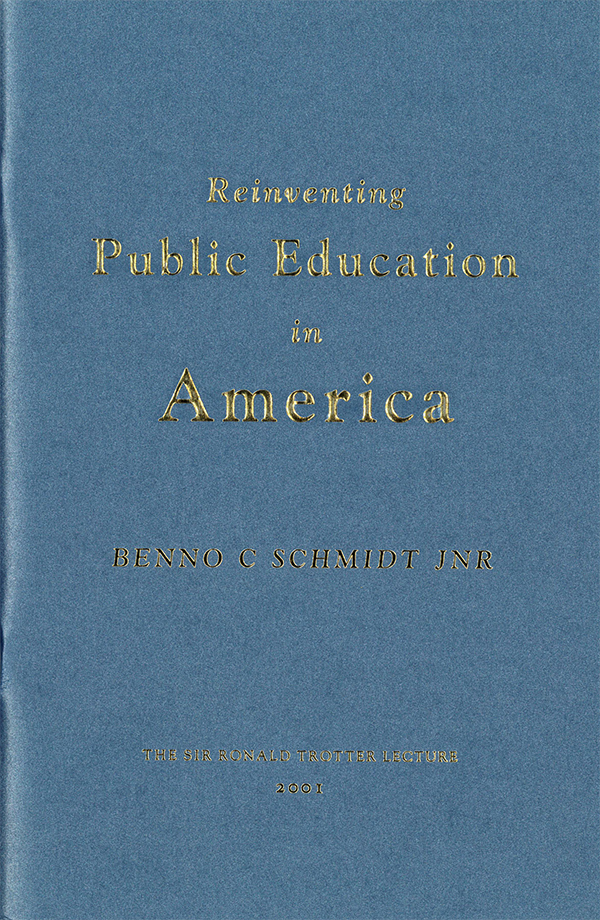I have come half-way around the world but I feel very much at home, with people who share not only a common language, but so much of my inherited experience. We are the descendents of the common law, of Magna Carta, of David Hume and John Locke. We share the same constitutional foundations. We believe in individual equality, dignity before the law and in freedom of speech and religion. We believe in limited, democratic government. We think the state should enhance individual liberty and opportunity, rather than the reverse. We believe in a government of laws, not of might.
There are periods in any nation's history when the question of who are its friends is put to the test. Since September 11, it has been such a time in America. I am here as an ordinary American citizen, without official role, but I know I speak for my country in saying that the United States will never forget who stood beside it on the ridges at Tora Bora.
When I read about your SAS forces in Afghanistan I cannot say I was surprised, because the resolve of New Zealanders in defending freedom is well known. But, it drove home the point that though a long distance in geographic terms separates our countries, there is no separation in basic ideas about freedom, human rights and the rule of law.
It is a privilege to be invited to your beautiful country to present the seventh Sir Ronald Trotter lecture. A lecture honouring one whose career has been as distinguished and far-reaching as Sir Ronald's puts a heavy burden of persuasion on any speaker, even without the recordof the Trotter lecturers who have gone before. The quality of each speaker's contribution has already given this series great lustre in the global marketplace of ideas about public policy. It is therefore somewhat daunting to stand in their footsteps this evening. However, I am confident of one thing: the subject of my talk is one of the most critical issues of public policy in the constitution of every free society.



